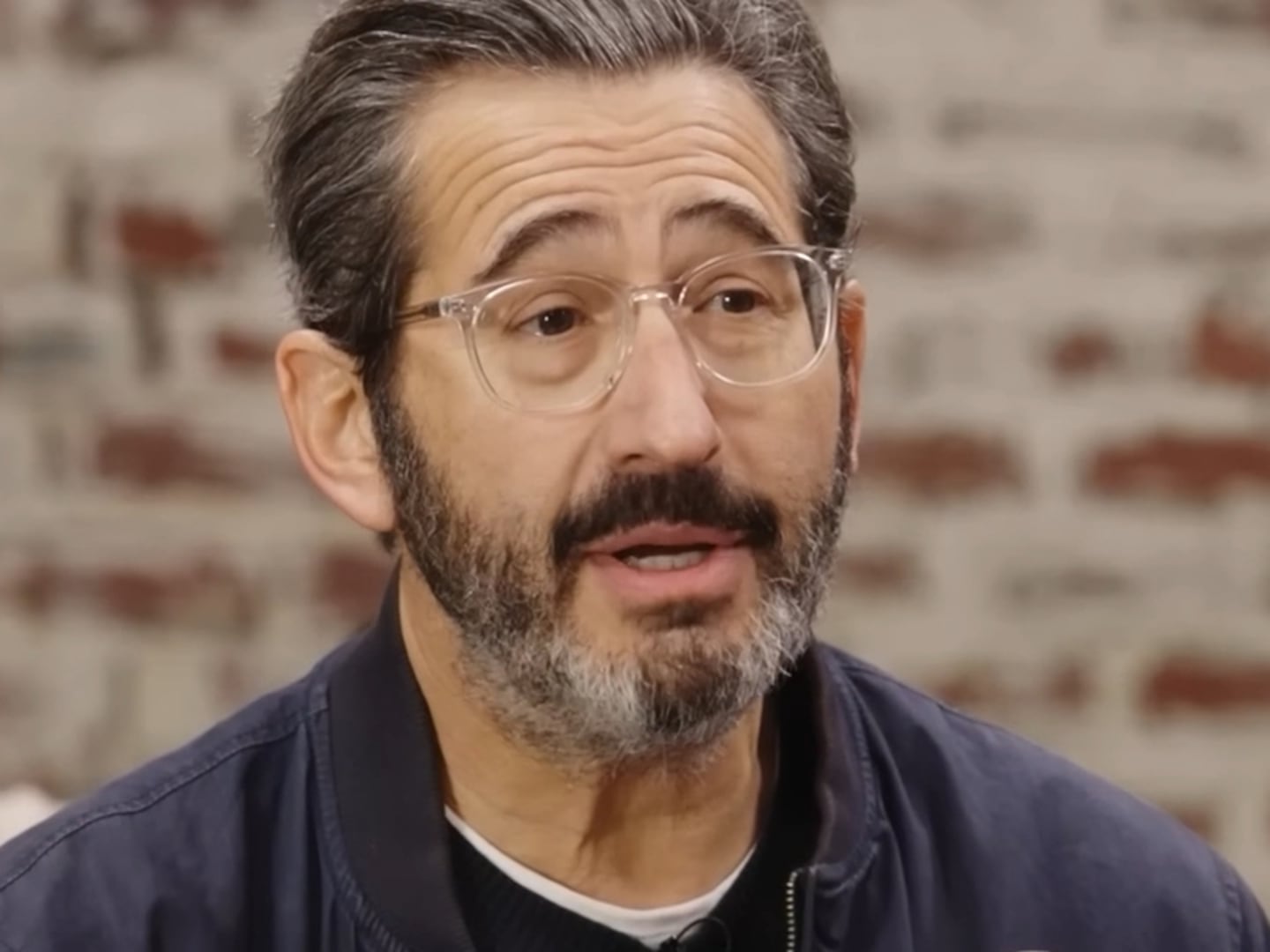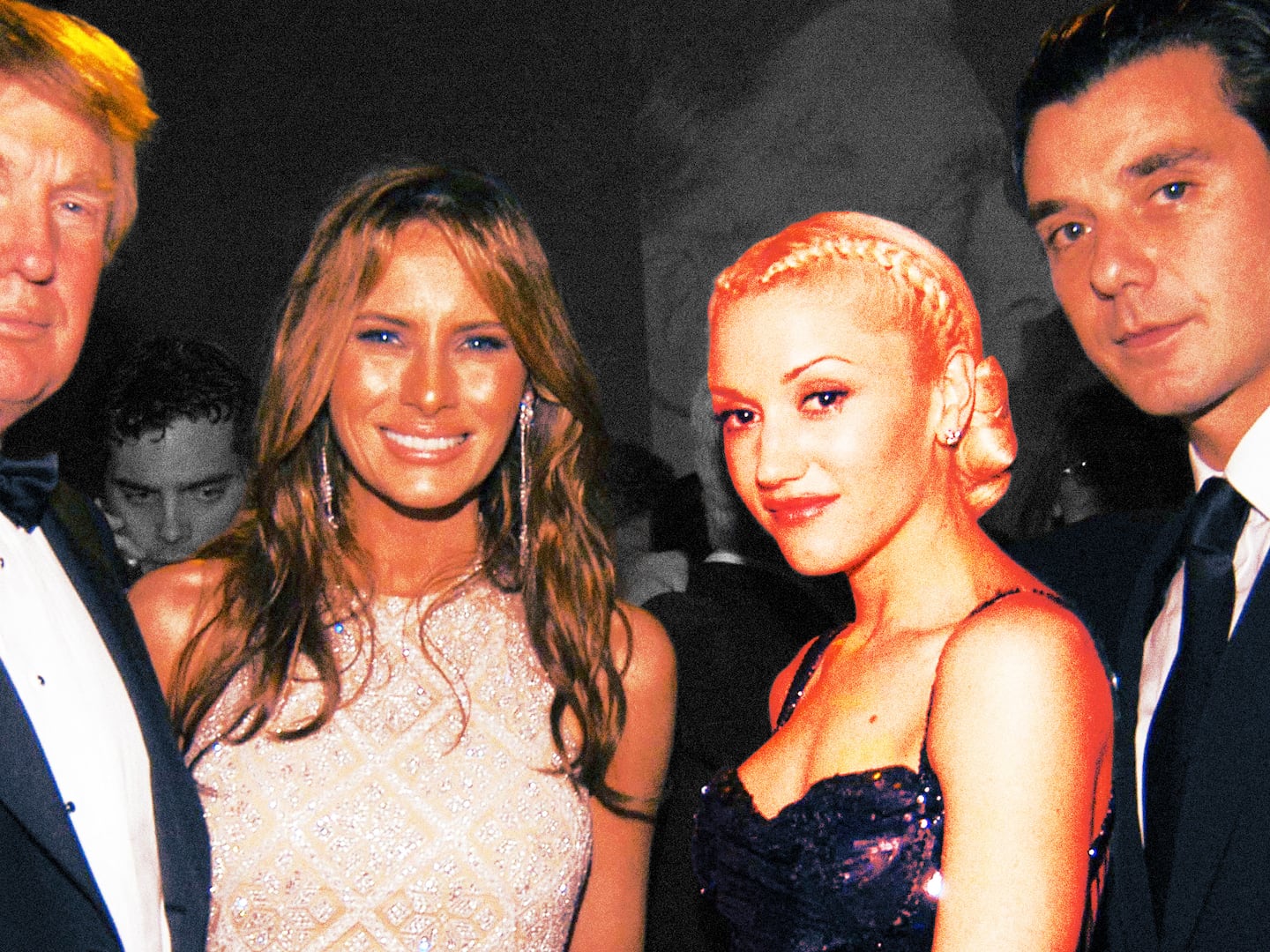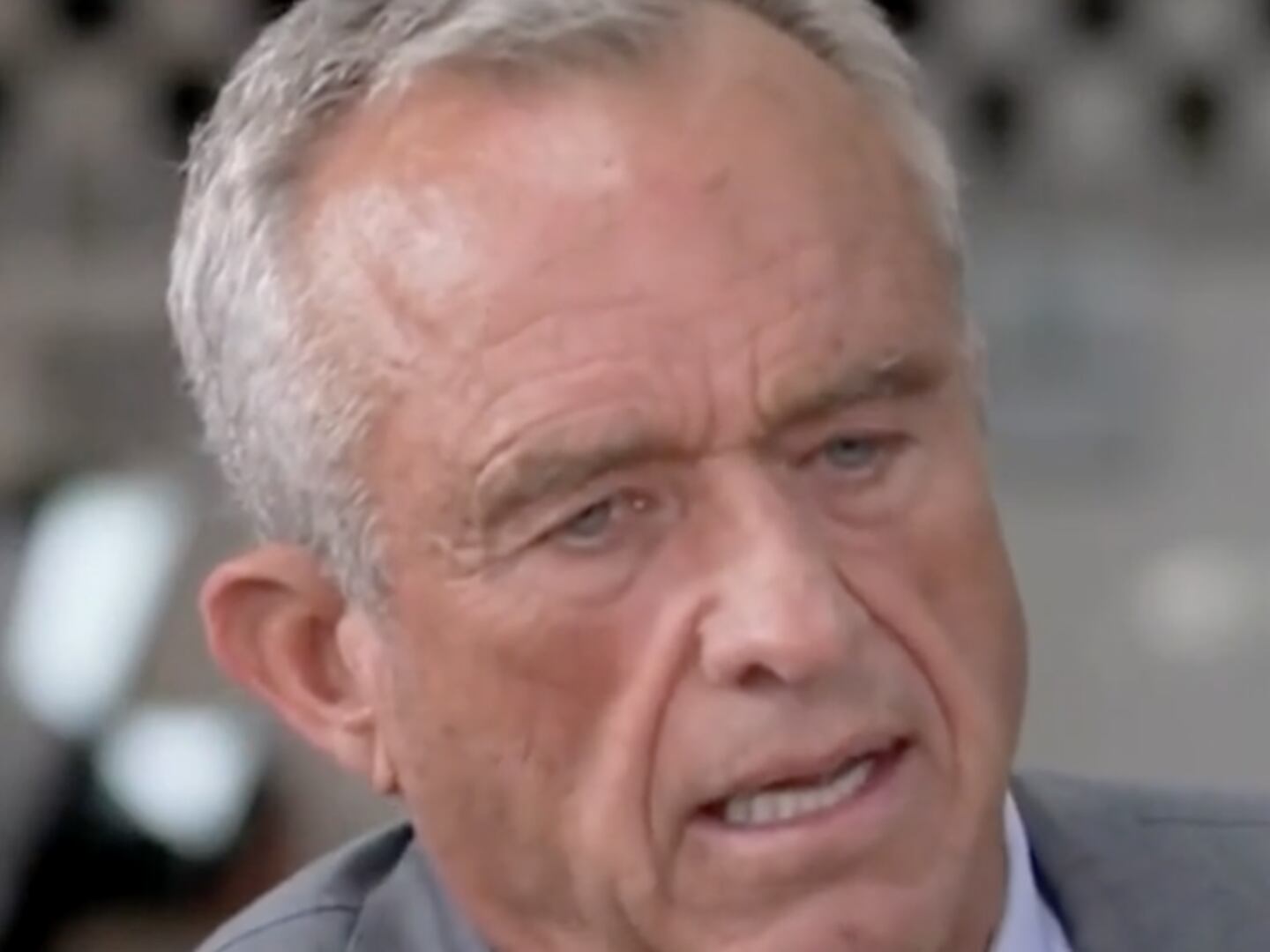Elections
Photo Illustration by Thomas Levinson/The Daily Beast/Courtesy of Allison Quinn
My Son Has a Deadly Disease. Trump’s Health-Care Plans Might Kill Him
LIFE SAVING
Destroying Obamacare would render my son an inconvenience, a “chronically ill” child with no protections in place to ensure he’d have health coverage.
Opinion

Trending Now





